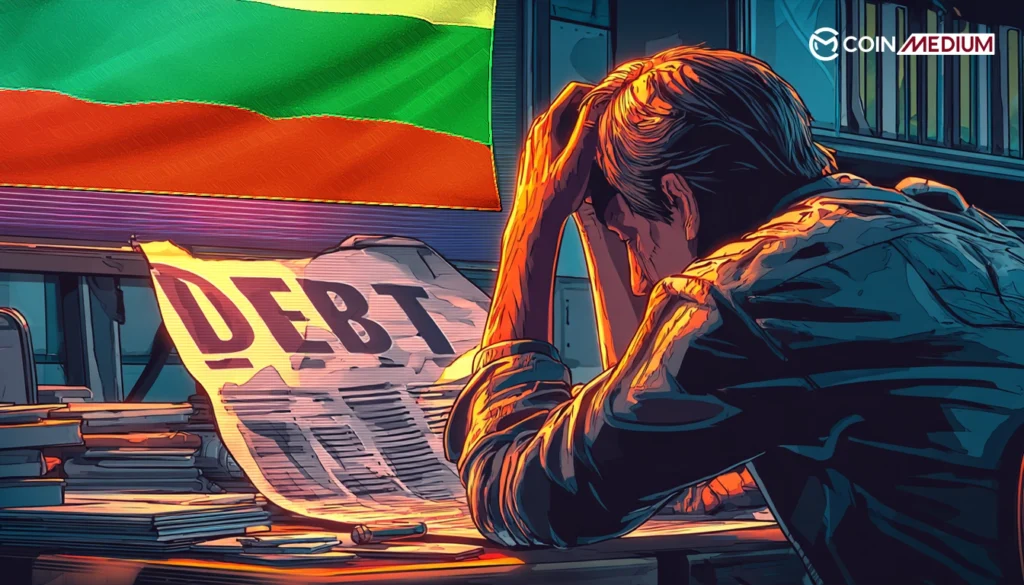Back in 2017, Bulgaria’s government took control of over 213,000 Bitcoin during a crackdown on cybercrime. At that time, the Bitcoin was worth about $3.5 billion, enough to cover around 20% of the country’s national debt. The government sold the Bitcoin the following year.
Today, that same amount of Bitcoin would be worth more than $25 billion. That’s actually more than Bulgaria’s total public debt, which is around $24 billion according to World Economics. If the country had held onto the Bitcoin, it could have paid off all its debt, and still had some money left over.
How Bitcoin’s Value Has Grown Over the Years
Since 2019, Bitcoin has grown rapidly in value. According to price data from CoinMarketCap, here’s how Bitcoin has performed year over year:
- December 2019: ~$7,200
- December 2020: ~$28,900
- December 2021: ~$46,300
- December 2022: ~$16,500 (post-FTX crash)
- December 2023: ~$42,100
- December 2024: ~$89,600
- July 2025 (current price): ~$118,700
This shows a remarkable YoY increase of over 1,550% since 2019. If Bulgaria had held onto its 213,000+ Bitcoin, that stash would now be worth over $25 billion. It’s a powerful reminder of how Bitcoin’s long-term growth has reshaped global finance, and how some missed out on it.
How Much Bitcoin Do Governments Hold?
A report shows that governments around the world together hold about 463,000 Bitcoin, that’s about 2.3% of all the Bitcoin that exists.
The U.S. and China are the top holders. The U.S. government owns more than 198,000 Bitcoin, while China holds exactly 190,000.
The UK comes next with 61,245 Bitcoin, and Ukraine follows with 46,351, including coins owned by public officials. North Korea is in fifth place with 13,562 Bitcoin, most of it believed to be taken through government-backed hacking.
Bhutan is sixth, with 10,486 Bitcoin. The small country has gotten attention for its crypto activity. In fact, a report on July 14 said Bhutan moved $74 million worth of Bitcoin to Binance in just two weeks.








